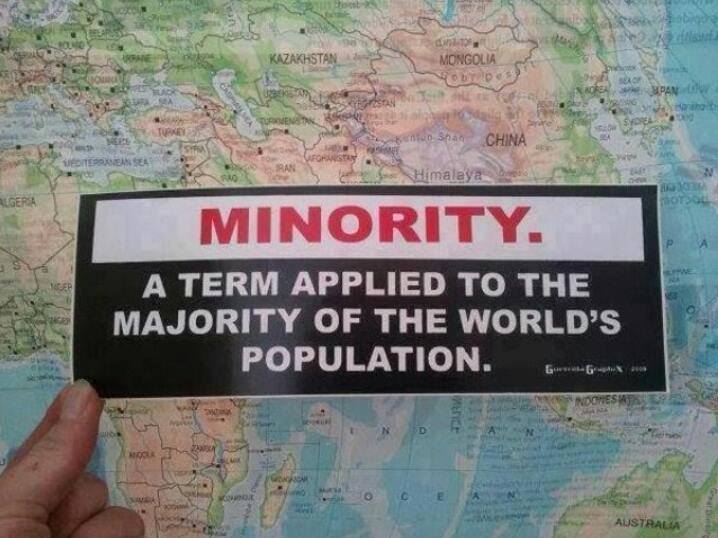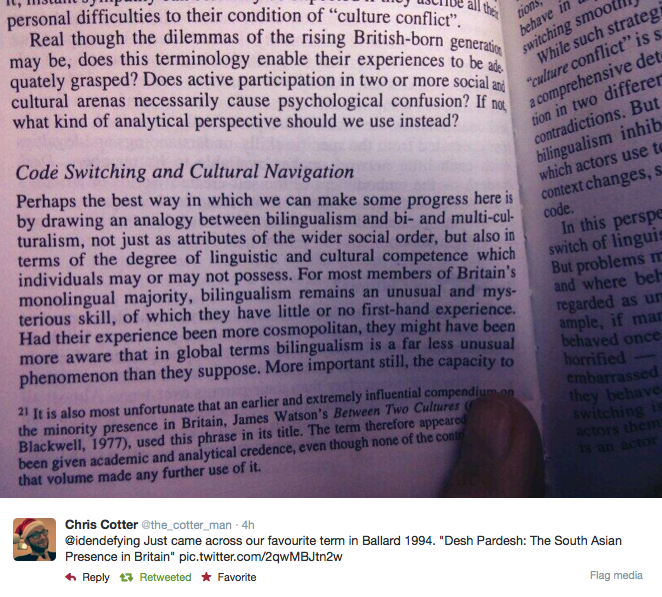 I was in Canada over the summer and had forgotten that they’d done away with the penny — until, that is, I was trying to figure out why I got short-changed in a store, which blithely rounded up the cost of my purchase and cheated me out of a few cents.
I was in Canada over the summer and had forgotten that they’d done away with the penny — until, that is, I was trying to figure out why I got short-changed in a store, which blithely rounded up the cost of my purchase and cheated me out of a few cents.
But then I remembered…
Coz what do you do when it costs more to make a penny than the value that’s ascribed to it? (Phasing them out is estimated to save the Canadian taxpayers $11 million per year!) Continue reading “Creative Accounting”


 Here comes
Here comes  The unrivaled success of the modern identifier that goes by the name of nationalism is that it is reproduced and thereby reinforced at countless, intertwined sites — I recently posted briefly on the
The unrivaled success of the modern identifier that goes by the name of nationalism is that it is reproduced and thereby reinforced at countless, intertwined sites — I recently posted briefly on the  The persecution of Ahmadis has hit the news again with the killing of an American Ahmadi doctor in Pakistan last week while he was volunteering in an Ahmadi hospital. Having written on the issues of labels in relation to the Ahmadi before at the
The persecution of Ahmadis has hit the news again with the killing of an American Ahmadi doctor in Pakistan last week while he was volunteering in an Ahmadi hospital. Having written on the issues of labels in relation to the Ahmadi before at the 
 I saw this image making the rounds on social media the other day — presumably aimed at humbling otherwise self-important racially, politically, economically, etc., dominant groups. I find it rather interesting, since the slogan only makes sense, of course, if “minority” is defined as “not us” — that is, while seeming to make a progressive point it actually nicely reinforces that the world is naturally divided between us and all those whom we judge as being not like us.
I saw this image making the rounds on social media the other day — presumably aimed at humbling otherwise self-important racially, politically, economically, etc., dominant groups. I find it rather interesting, since the slogan only makes sense, of course, if “minority” is defined as “not us” — that is, while seeming to make a progressive point it actually nicely reinforces that the world is naturally divided between us and all those whom we judge as being not like us.  I recently wrote a post, scheduled for a week or so from now, in which I used the term “white flight” — which names the process whereby many U.S. inner cities have, since about the 1960s, lost a large portion of their white population by people moving out to the suburbs — and so I was thinking about linking the term in that post to a definition online, for those who were not already familiar with it.
I recently wrote a post, scheduled for a week or so from now, in which I used the term “white flight” — which names the process whereby many U.S. inner cities have, since about the 1960s, lost a large portion of their white population by people moving out to the suburbs — and so I was thinking about linking the term in that post to a definition online, for those who were not already familiar with it. The Edge’s
The Edge’s  “It is a funny thing about addresses where you live. When you live there you know it so well that it is like an identity, a thing that is so much a thing that it could not ever be any other thing and then you live somewhere else and years later, the address that was so much an address that it was like your name and you said it as if it was not an address but something that was living and then years after you do not know what the address was and when you say it it is not a name anymore but something you cannot remember. That is what makes your identity not a thing that exists but something you do or do not remember.”
“It is a funny thing about addresses where you live. When you live there you know it so well that it is like an identity, a thing that is so much a thing that it could not ever be any other thing and then you live somewhere else and years later, the address that was so much an address that it was like your name and you said it as if it was not an address but something that was living and then years after you do not know what the address was and when you say it it is not a name anymore but something you cannot remember. That is what makes your identity not a thing that exists but something you do or do not remember.”